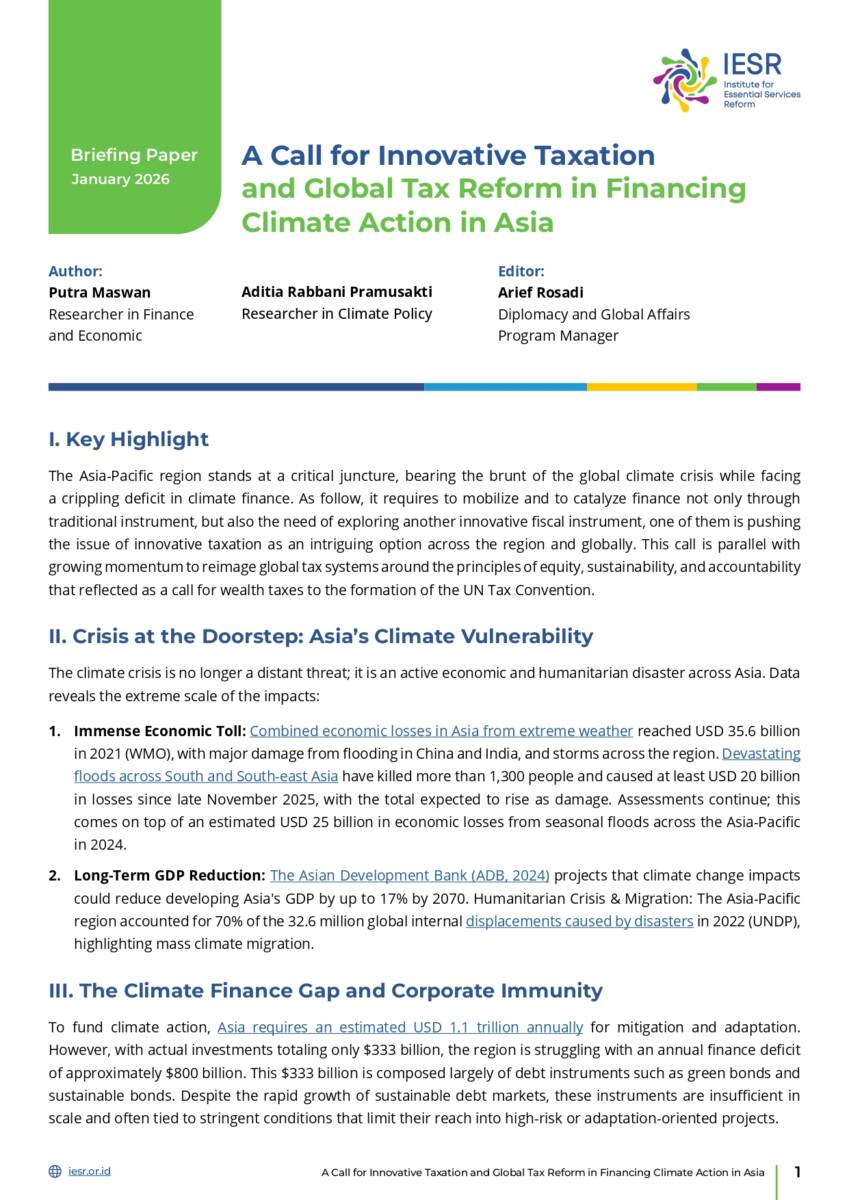
Briefing Paper – A Call for Innovative Taxation and Global Tax Reform in Financing Climate Action in Asia
The Asia-Pacific region stands at a critical juncture, bearing the brunt of the global climate crisis while facing a crippling

The Asia-Pacific region stands at a critical juncture, bearing the brunt of the global climate crisis while facing a crippling
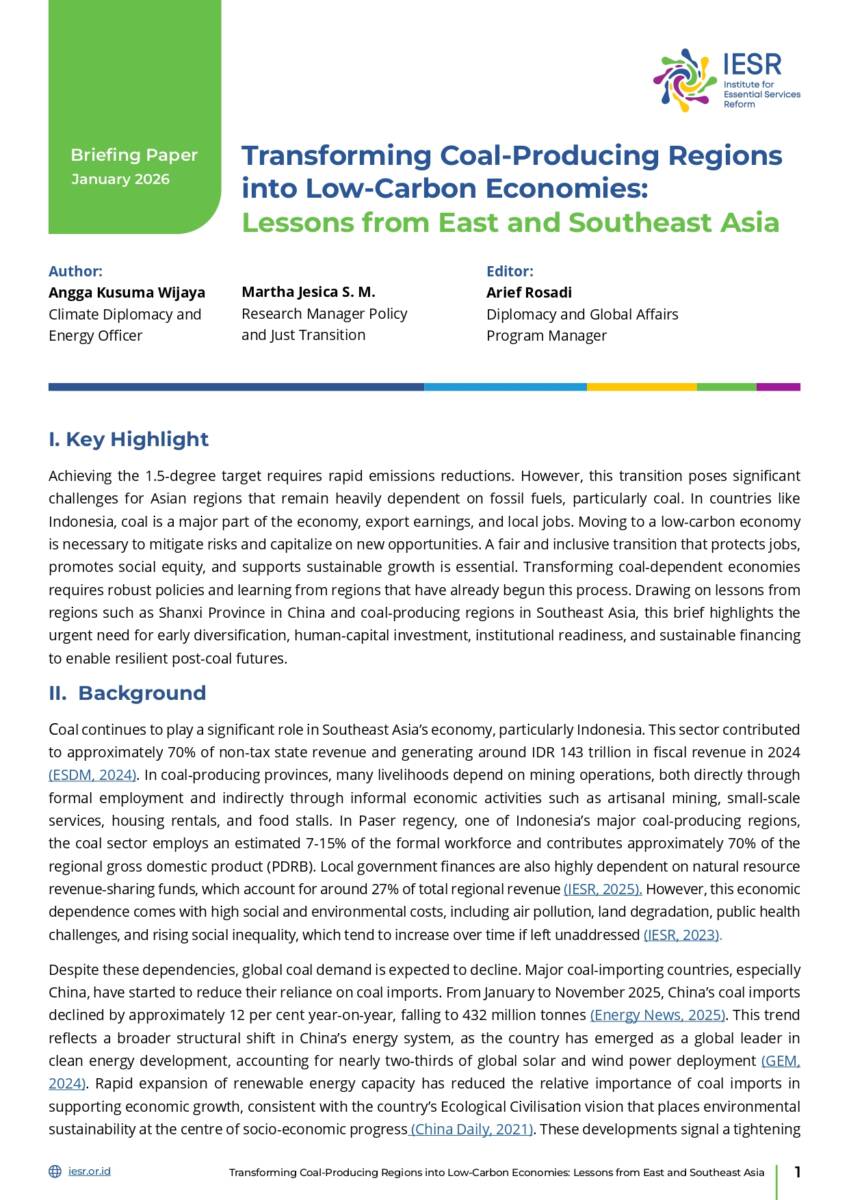
Transforming coal-producing regions into low-carbon economies is imperative to achieve the 1.5-degree Celsius target. However, for countries like Indonesia, this
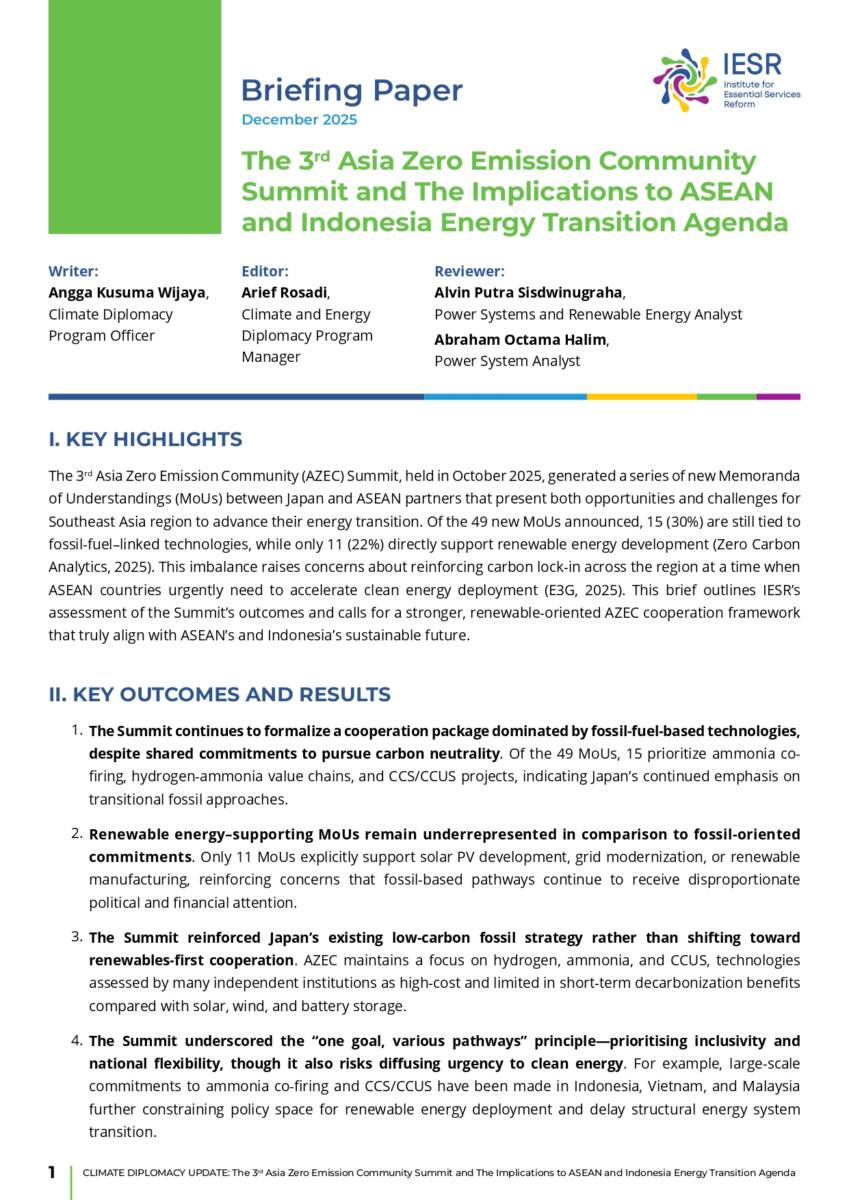
The energy transition partnership in Southeast Asia stands at a decisive crossroads. The outcomes of the 3rd AZEC Summit in
Indonesia’s energy transition is entering a crucial phase. As global energy systems rapidly pivot toward decarbonization and coal demand declines,
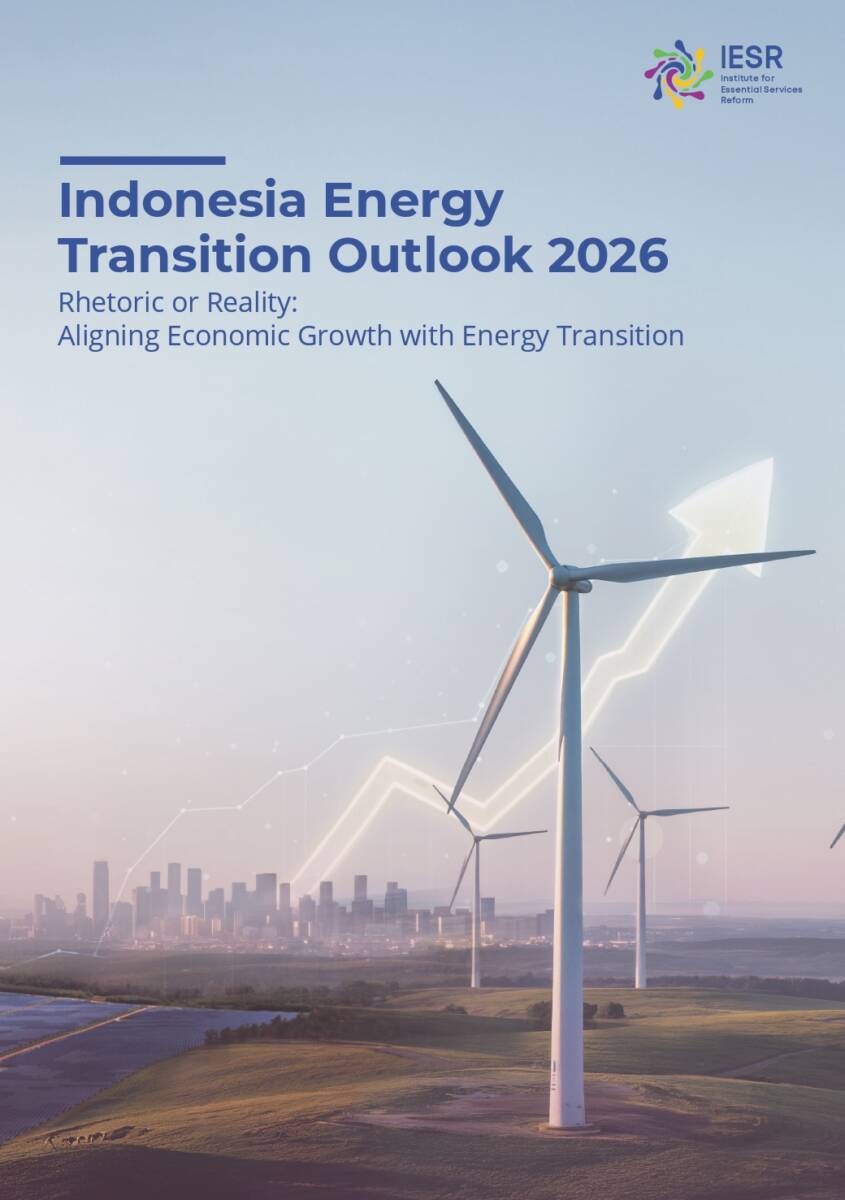
Rhetoric or Reality : Aligning Economic Growth with Energy Transition Indonesia is at a crucial moment to execute its ambitious
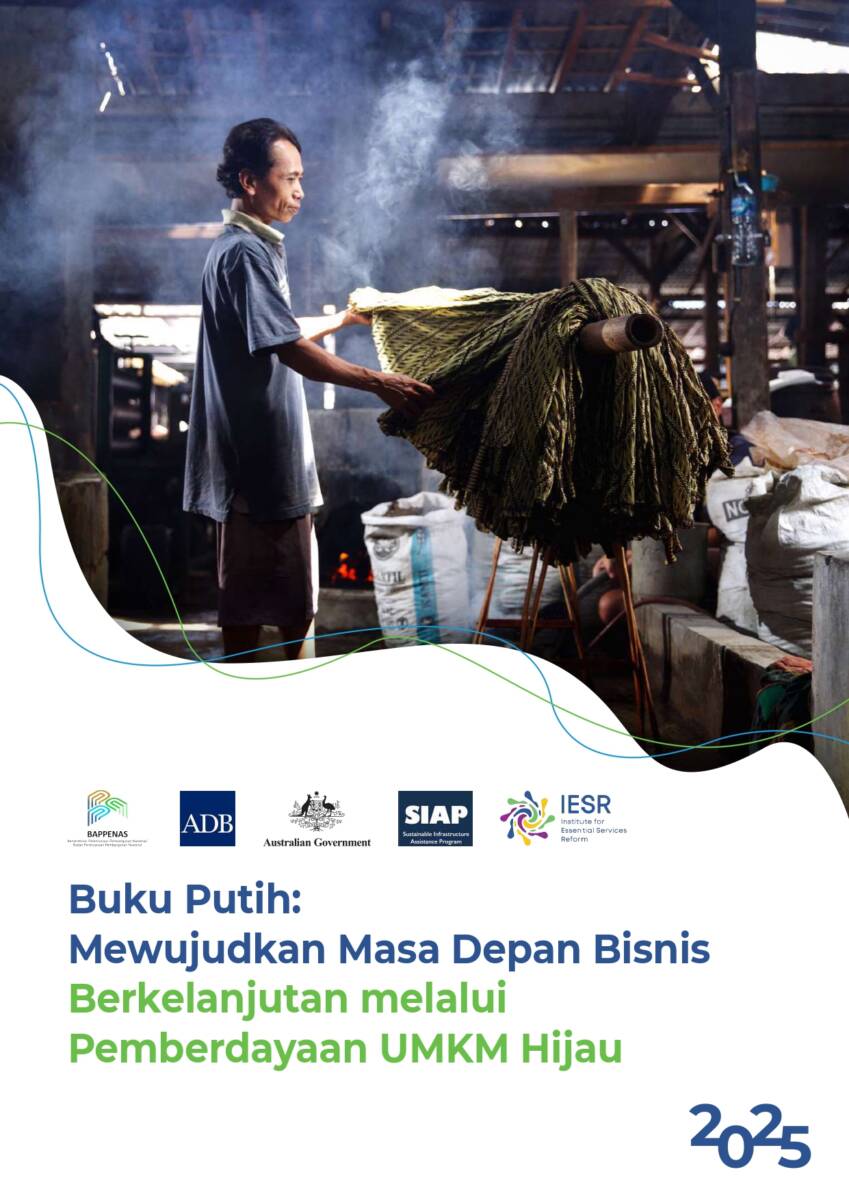
This White Paper outlines the crucial role of Micro, Small, and Medium Enterprises (MSMEs) in the Indonesian economy, as well
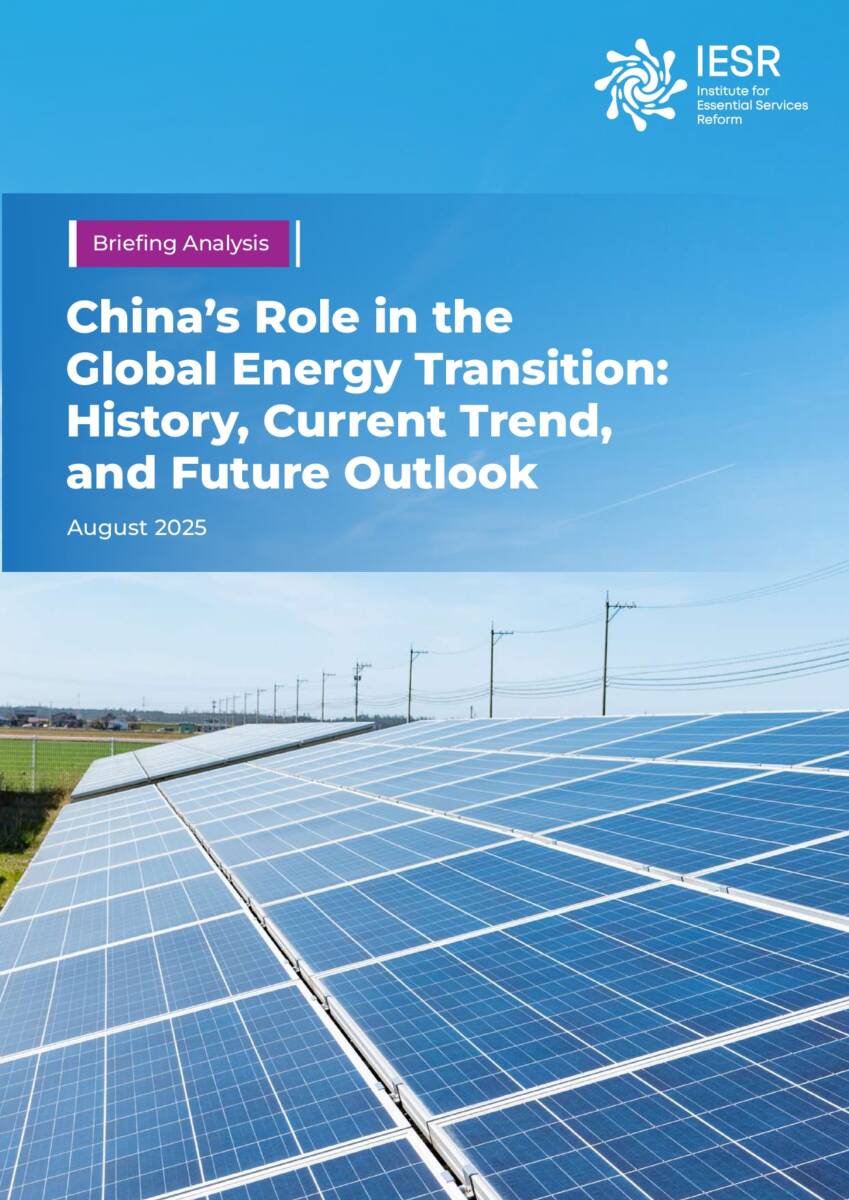
This policy brief highlights China’s dominant role as a global leader in renewable energy technology and clean technology innovation. These
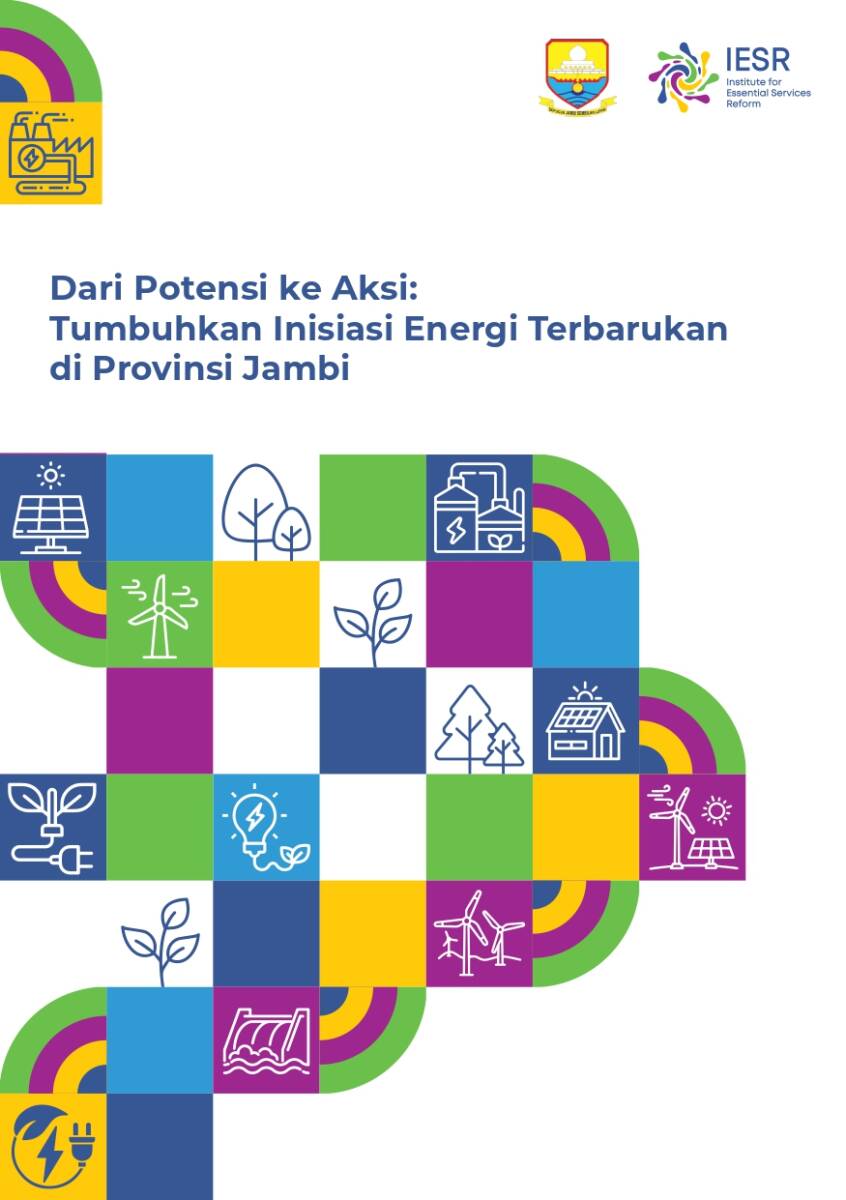
Promoting a Sustainable Energy Transition in Jambi: A Journey and Collaborative Lessons The energy transition is a critical agenda for
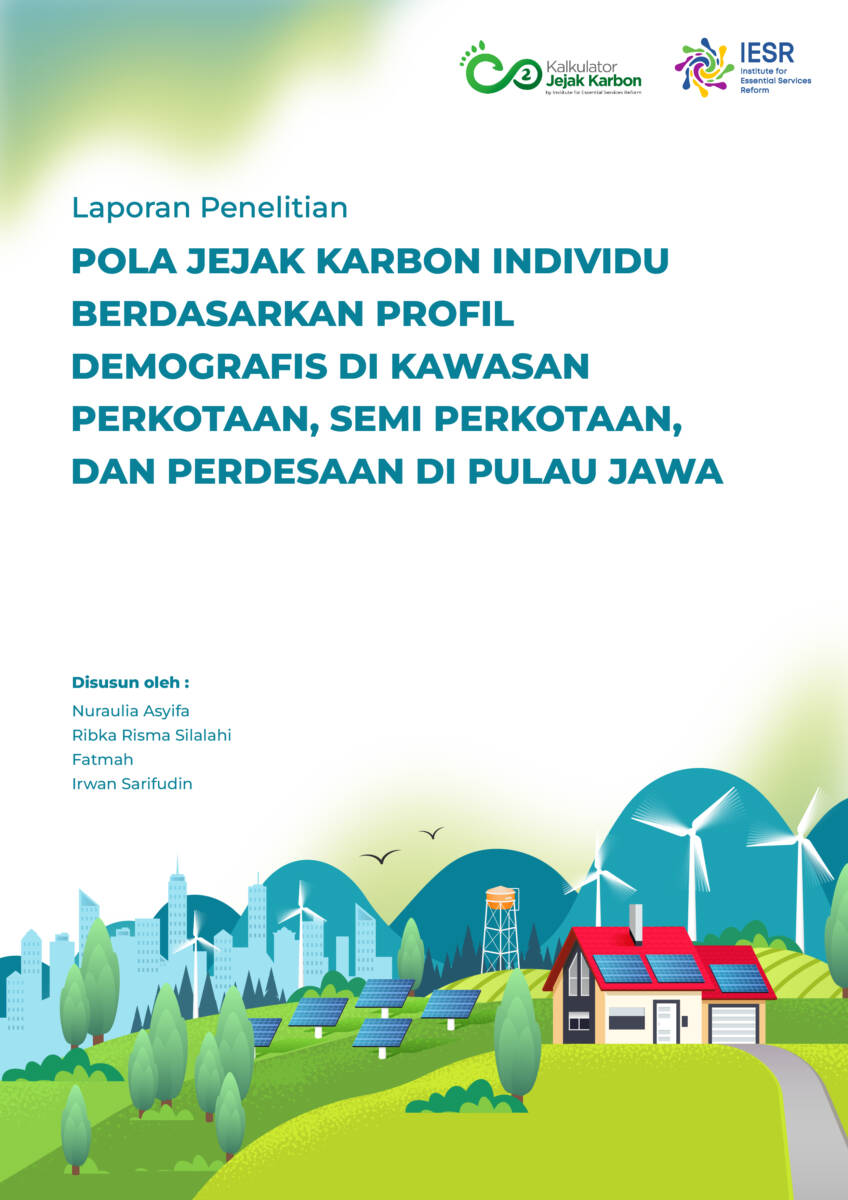
Mapping Individual Carbon Footprints for a Sustainable Future in Java The increasingly visible impact of climate change demands a deeper

This briefing paper highlights the paradox facing ASEAN: on the one hand, it aspires to be the world’s ‘growth epicenter’,
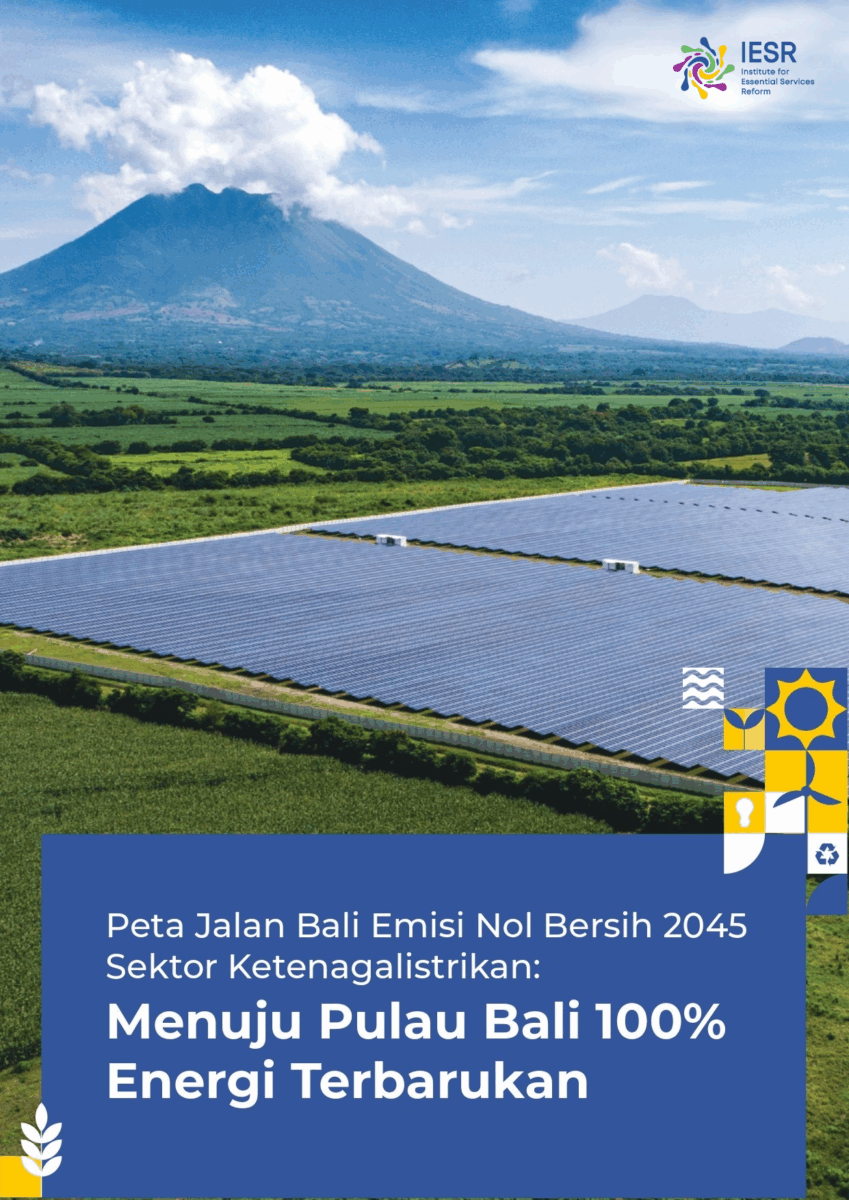
Towards a 100% Renewable Energy Powered Bali Island The increasing realities of climate change demand fundamental transformations across various sectors,
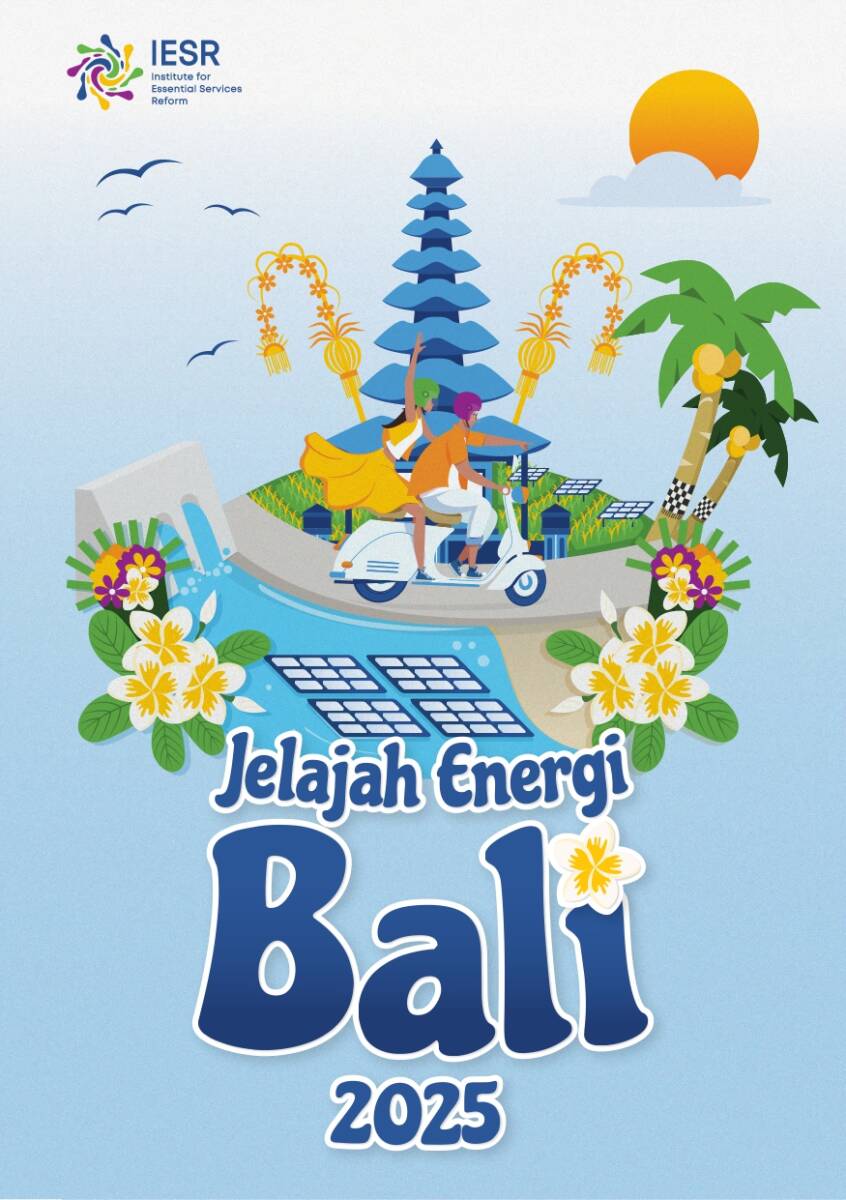
“Bali Energy Journey 2025” Book & “Bali Energy Journey” Article Collection – Documentation of the Transformation Towards Net Zero Emissions
